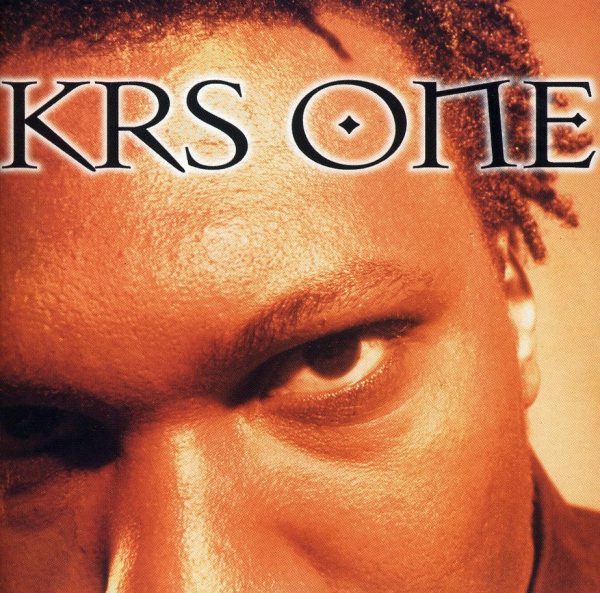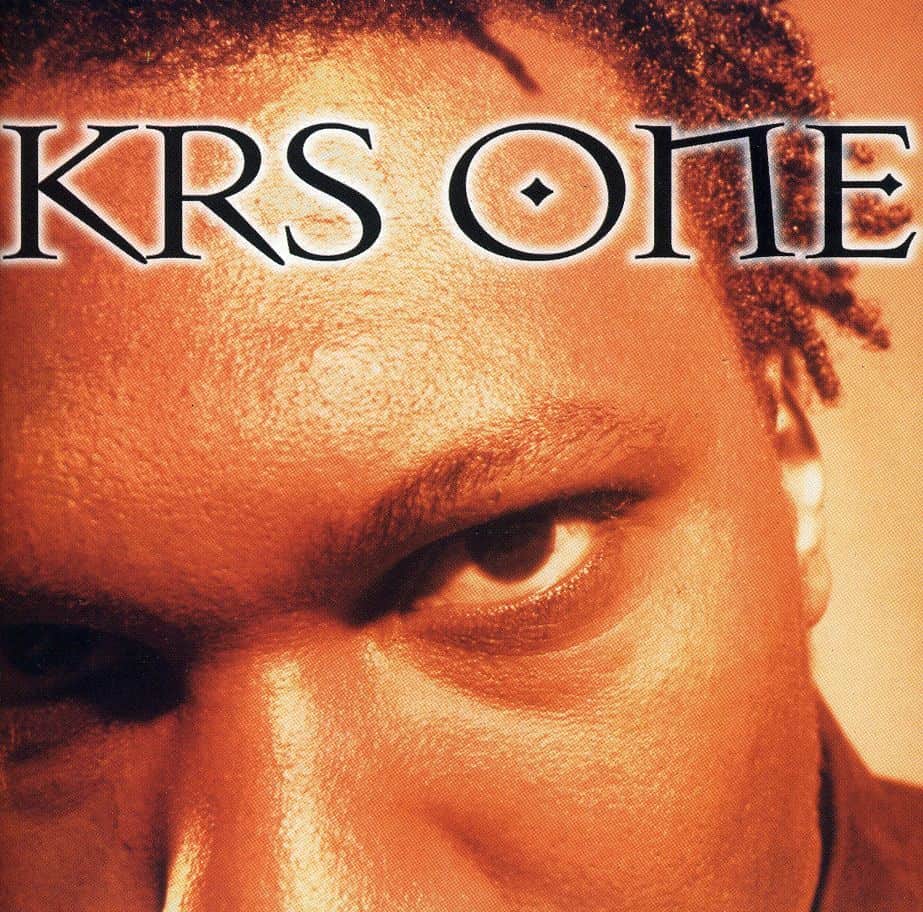
On this date in 1995, Hip Hop historian and South Bronx philosopher KRS-One released his second solo album, simply titled KRS-One. The acronym for his name, Knowledge Reigns Supreme Over Nearly Everyone, had already become part of Hip Hop vocabulary by that point, but this album marked a new moment in his career. After building his legacy through conscious lyricism and cultural leadership as the voice of Boogie Down Productions, KRS-One used this project to reintroduce himself to a younger generation of rap fans coming out of the booming mid-90s New York scene.
Hip Hop in 1995 was entering a more competitive, high-energy era. With new stars emerging from Queens, Brooklyn, and the Bronx, the sound of the city was shifting toward hard drums, rugged flows, and street-fueled charisma. Rather than resist change, KRS-One embraced the moment. This album sharpened his boom bap foundation without sacrificing message-driven lyricism. Tracks like Rappaz R. N. Dainja and Sound of da Police featured his signature authoritative delivery but were supported by production with a fresh edge that appealed to younger listeners.
KRS-One called on a strong lineup of collaborators that reflected both the old and new guard. Fat Joe, who was still rising in the mid-90s after representing the Bronx on his debut album, appeared on the track De Automatic. Busta Rhymes brought his unmatched energy, while rugged rhyme stylists Das EFX and dancehall-influenced Mad Lion helped give the album a dynamic sound. The production came from a variety of sources including DJ Premier, Showbiz, Norty Cotto, and Diamond D, giving it a distinctly New York backbone.
Commercially, the album was a success, peaking at number 19 on the Billboard 200 and reaching number 2 on the Top R&B/Hip Hop Albums chart. Critics praised KRS-One for updating his sound without abandoning his core identity. The album also carried cultural weight, featuring interludes of radio drops and shout-outs from respected peers including Method Man, Lord Finesse, Jeru the Damaja, Mr. Magic, Rakim, and even MC Shan—his former rival from the legendary Bridge Wars era. That inclusion alone symbolized something larger than rap beef; it showed respect for history and unity in Hip Hop culture.
Nearly three decades later, KRS-One stands as one of Hip Hop’s most important voices. This album remains a reminder of his ability to adapt, lead, and educate—while still moving the crowd.

